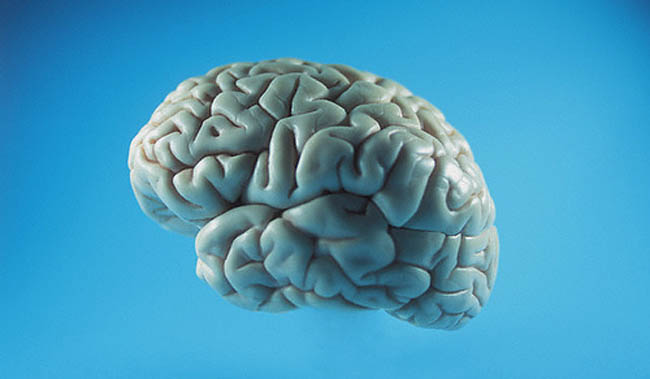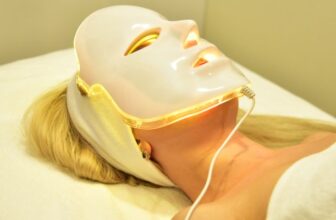
The definition of an acquired brain injury is broad, encompassing all brain damage that occurs after birth. Congenital birth defects are not considered acquired brain injuries; some people do not count neuro degenerative diseases such as Alzheimer’s and Parkinson’s, but others see them as agents of acquired brain injury. People can receive an acquired brain injury in a variety of ways and can react to the brain injury differently depending on multiple variables.
Types of Acquired Brain Injury
The types of acquired brain injury fall under two basic categories. The first category is sudden onset, meaning the injury occurs quickly by physical trauma, severe infection, or a one-time drug overdose. This type of injury can be caused by a single event that injures the head, such as a gunshot, a blow, or a car accident.
The second category of acquired brain injury is insidious onset, in which the victim receives the brain injury due to a long struggle with a disease or from long-term substance abuse. This brain injury is usually the result of wear and tear on the body over a period of time rather than one specific incident.
Causes of Acquired Brain Injury
Diseases such as cancer, multiple sclerosis, AIDS and Parkinson’s can all lead to an acquired brain injury. Strokes are also a cause as blood clots can form, cutting off the supply of oxygen to the brain. Traumatic brain injury is another leading cause; this type of injury usually results from a sports collision, blunt force trauma, a gunshot wound, or an automobile accident. Infections, tumours and near drowning can also cause acquired brain injuries, as can drug and alcohol abuse.
Symptoms of Acquired Brain Injury
Amnesia and other types of memory problems, slower speech, cognitive disabilities and increased irritability are common symptoms of acquired brain injury, but can vary dramatically from person to person.
Those whose cognitive abilities are diminished by an acquired brain injury may experience trouble processing information, making decisions, and communicating. Memory is also often impacted by brain injuries; people can experience nearly complete amnesia with full memory loss, but they can also experience types of amnesia that impact short-term memory.
Physical and behavioral symptoms of acquired brain injury include increased irritability, seizures, tremors, and persistent mental and physical fatigue. Sleep disorders may also occur, as may an inability to properly regulate emotional reactions. Some people with brain injuries may become overly aggressive and may even deny that they have an acquired brain injury.
Treatments for Acquired Brain Injuries
People who have recently incurred an acquired brain injury should obviously seek immediate medical attention for the causing condition, but numerous treatments are also available to help rehabilitate a brain injury patient. Physical therapy can help those who have suffered acquired brain injuries to relearn physical movements and mental thought processes. The brain is an amazing, complex piece of work and can often rewire itself so that people can relearn how to do things that have been seemingly lost to brain injury.
Sudden onset acquired brain injuries usually come as a great shock to those who get them, while these patients may be able to regain much of what was lost, they will still have to face the fact that their lives have irrevocably changed. This can lead to great mental distress, so acquired brain injury patients should seek professional help for dealing with the emotions and stress of their injuries.
Acquired brain injuries can be caused in a variety of ways and can dramatically alter a person’s lifestyle. There are options when looking for acquired brain injury services to help people cope with the physical and mental changes they face.





